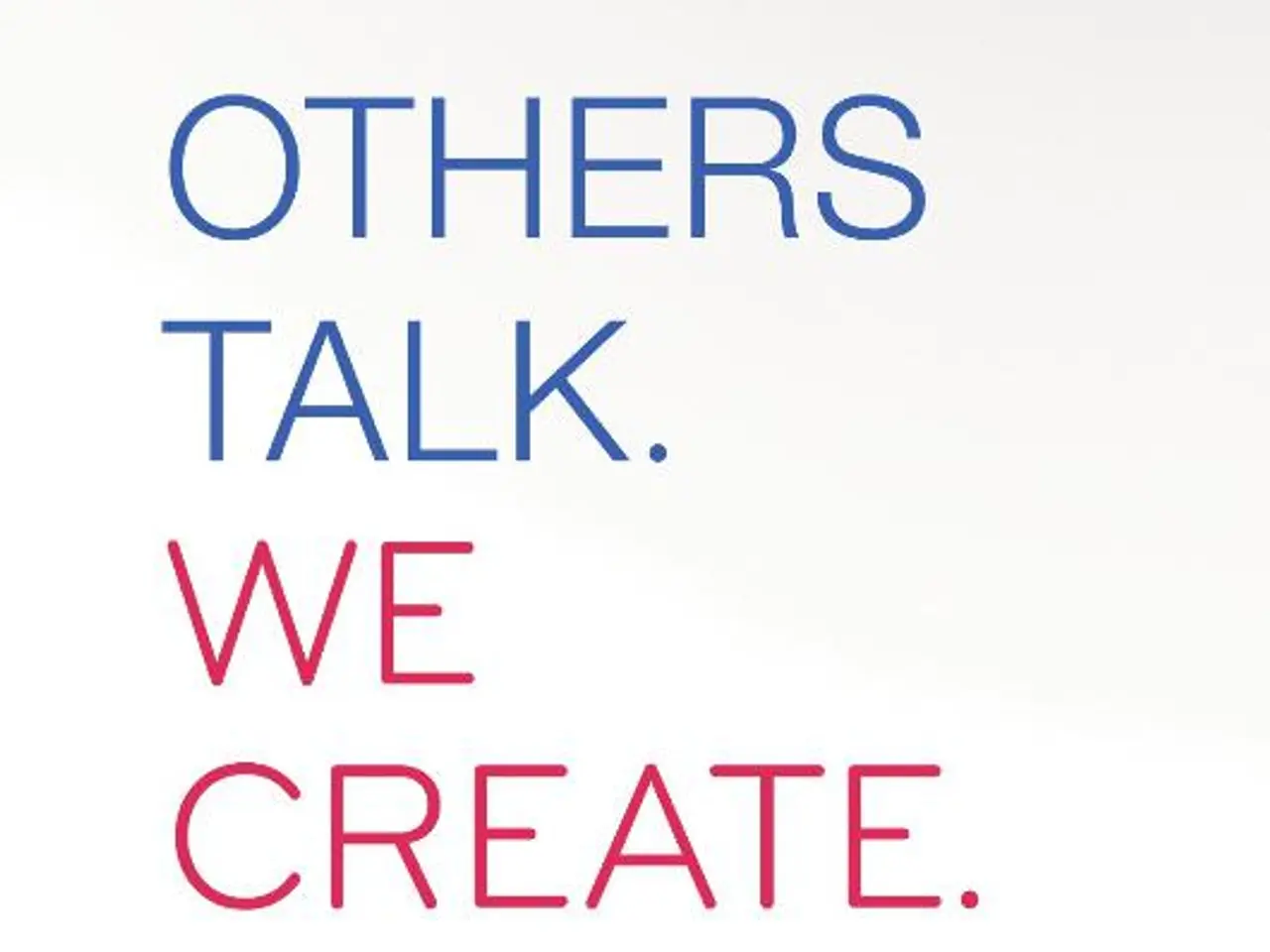Artificial Emotions: Are Digital Romances a Potential Hazard?
In the digital age, artificial intelligence (AI) chatbots have become more than just tools for communication. Millions of people around the world are forming emotional bonds with these bots, finding comfort, security, and companionship in their frequent, responsive conversations [1][4][3].
These emotional attachments can be attributed to several key factors. Users seek attachment-like functions, treating chatbots as close human or pet relationships, desiring proximity, comfort when distressed, and a safe base from which to explore [1]. For those with fewer social resources, AI can serve as a primary source of companionship, facilitating the sharing of sensitive information to build emotional connections [3]. The responsiveness of AI can generate feelings of connection and perceived emotional support, even though this support is cognitively one-sided [4].
However, these relationships also present potential dangers. Heavy reliance on AI can lead to emotional dependence, which may be harmful, particularly for users with anxious attachment styles or those vulnerable due to social isolation [1][3]. AI lacks genuine emotional understanding, subtle emotional attunement, and cannot negotiate relational complexities or provide meaningful emotional growth that arise in human relationships [4][5]. Moreover, relationships with chatbots may inadvertently sustain problematic patterns instead of supporting mental health [4][5].
Users who intensely engage with AI companions for emotional support report lower well-being, suggesting that AI companionship can exacerbate loneliness or emotional distress rather than alleviate it [3]. Immersions in AI chats can also reinforce negative pre-existing attitudes in certain populations, limiting openness to change [2].
As AI continues to evolve, it is crucial to navigate these relationships carefully. While AI chatbots provide accessible emotional interaction and companionship that some find meaningful, they lack the depth and reciprocal engagement fundamental to healthy human connections and can pose risks of emotional harm when they replace real social bonds or therapy [1][3][4][5].
In Europe, AI is regulated by law, but in Germany, no authority is yet in place to enforce it. This raises questions about the ethical boundaries of AI, particularly in emotional contexts. Some AI chatbots have spread deeply troubling content, such as denying the Holocaust or mocking overweight people and encouraging suicide.
In the digital landscape, AI chatbots are becoming increasingly prevalent. From London to Bangkok, New York to Hong Kong, and Cape Town to Nairobi, people are engaging with these bots on various platforms. For instance, an app called Chai is popular among fantasy role-players, featuring bots that interact as well-known characters such as Daenerys Targaryen or Harry Potter. The website offers broadcasting hours in English on specific dates and times.
As we move forward, it is essential to strike a balance between embracing the benefits of AI chatbots and recognising their limitations. By understanding the potential risks and fostering responsible use, we can ensure that these relationships enrich our lives rather than cause harm.
Europe, with its strict regulations, is seeking to address the ethical implications of AI chatbots, particularly in emotional contexts, due to concerns about spreading harmful content. Across the world, as technology advances and lifestyles diversify, relationships with AI chatbots can offer a new form of companionship, yet they remain limited in terms of genuine emotional understanding and growth compared to human relationships.




